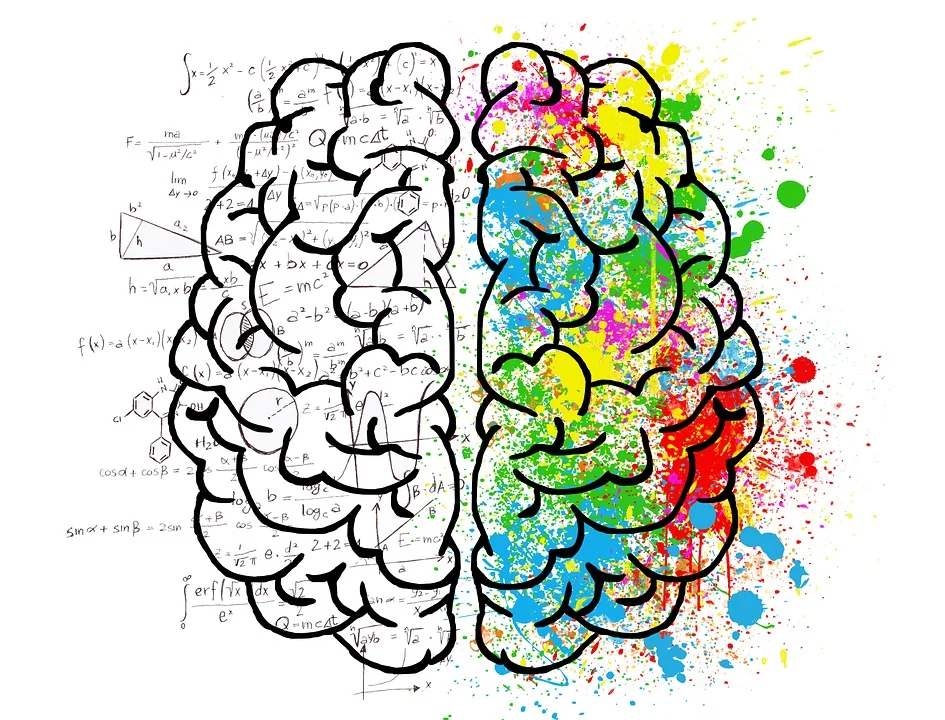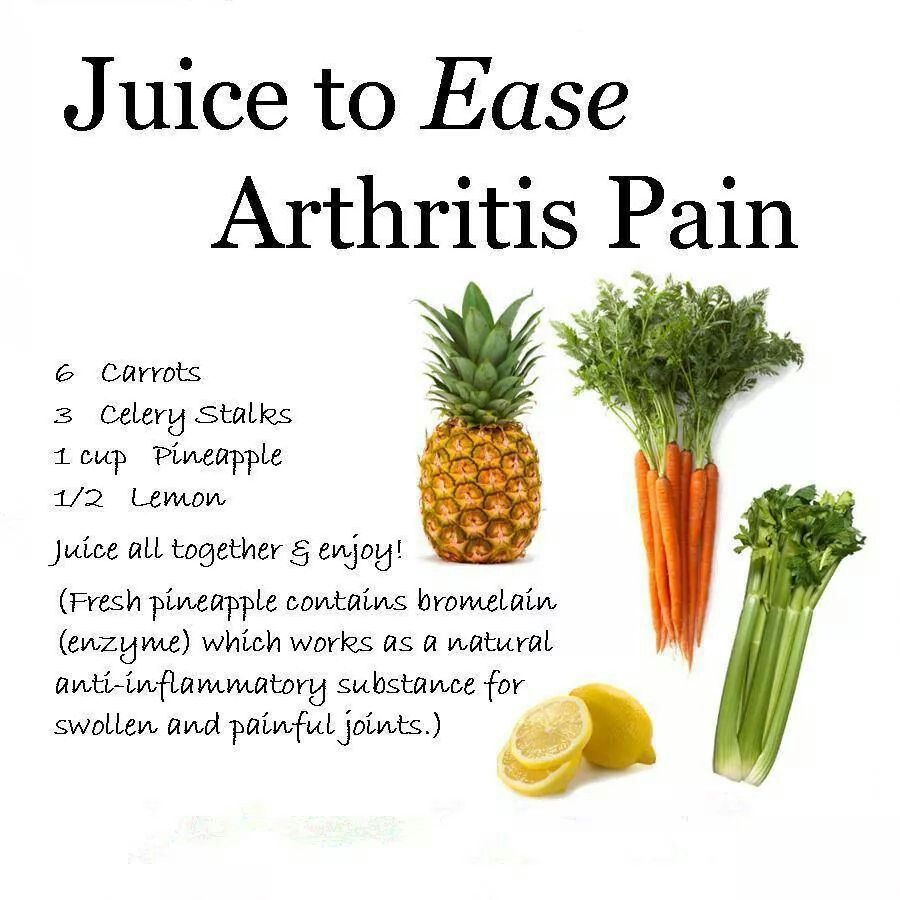All You Need to Know About Cancer Prevention
Cancer is a complex disease that affects millions of people worldwide. It can be a devastating diagnosis, which is why taking steps to prevent cancer is crucial. In this article, we will discuss the key aspects of cancer prevention, including lifestyle changes, screening tests, and early detection.
1. Understanding Cancer
Cancer is the unchecked growth of abnormal cells in the body. These cells can invade and destroy surrounding tissues, spread to other parts of the body, and result in serious health complications. It is important to know that certain factors contribute to the development of cancer, such as genetics, exposure to carcinogens, and lifestyle choices.
2. Lifestyle Changes
One of the most effective ways to prevent cancer is by making healthy lifestyle choices. Here are some tips:
Eat a balanced diet rich in fruits, vegetables, whole grains, and lean proteins. Avoid processed foods and limit red meat consumption.
Maintain a healthy weight through regular exercise and a balanced diet. Obesity is strongly linked to an increased risk of certain types of cancer.
Avoid tobacco in any form, as it is one of the leading causes of cancer. If you smoke, seek help to quit, and avoid secondhand smoke.
Limit alcohol consumption, as excessive drinking can increase the risk of developing certain types of cancer, such as liver and breast cancer.
Protect your skin from the harmful effects of the sun by wearing sunscreen, seeking shade, and avoiding tanning beds.
Stay physically active. Engaging in regular physical activity can help reduce the risk of various types of cancer.
3. Screening Tests
Screening tests, such as mammograms, colonoscopies, and Pap smears, can detect cancer at an early stage when treatment is most effective. It is essential to follow the recommended screening guidelines based on age, gender, and personal risk factors. Regular check-ups with your healthcare provider are crucial for maintaining optimal health.
4. Early Detection
Recognizing the early signs and symptoms of cancer is essential for early detection. Some common symptoms to watch out for include:
Unexplained weight loss
Persistent fatigue
Changes in the skin, such as moles or sores that don’t heal
Unusual bleeding or discharge
Lumps or swelling in the body
Persistent cough or hoarseness
If you notice any persistent changes in your body, it is important to consult a healthcare professional. Early detection can significantly improve the chances of successful treatment and recovery.
5. Genetic Counseling and Testing
Some individuals may have an increased risk of developing certain types of cancer due to genetic factors. Genetic counseling and testing can help identify these risks and guide individuals in making informed decisions about their health. If you have a family history of cancer, it is advisable to consult with a genetic counselor or healthcare provider.
6. Vaccinations
Certain vaccines can effectively prevent infections that may lead to cancer. For example, the human papillomavirus (HPV) vaccine can protect against cervical, anal, and oropharyngeal cancers. Additionally, the hepatitis B vaccine can help prevent liver cancer. Consult your healthcare provider to determine which vaccinations are recommended for you.
7. Emotional Support
A cancer diagnosis can take an emotional toll on individuals and their loved ones. It is essential to seek emotional support and connect with support groups or counseling services. Having a strong support system can help cope with the challenges associated with cancer prevention, diagnosis, and treatment.
Conclusion
Prevention is always better than cure, and when it comes to cancer, it is crucial to take proactive steps to reduce the risk. By making healthy lifestyle choices, getting regular screenings, recognizing early symptoms, and seeking appropriate medical advice, one can significantly improve their chances of preventing or detecting cancer at an early, treatable stage. Remember, you have the power to take control of your health and reduce your risk of developing cancer.


